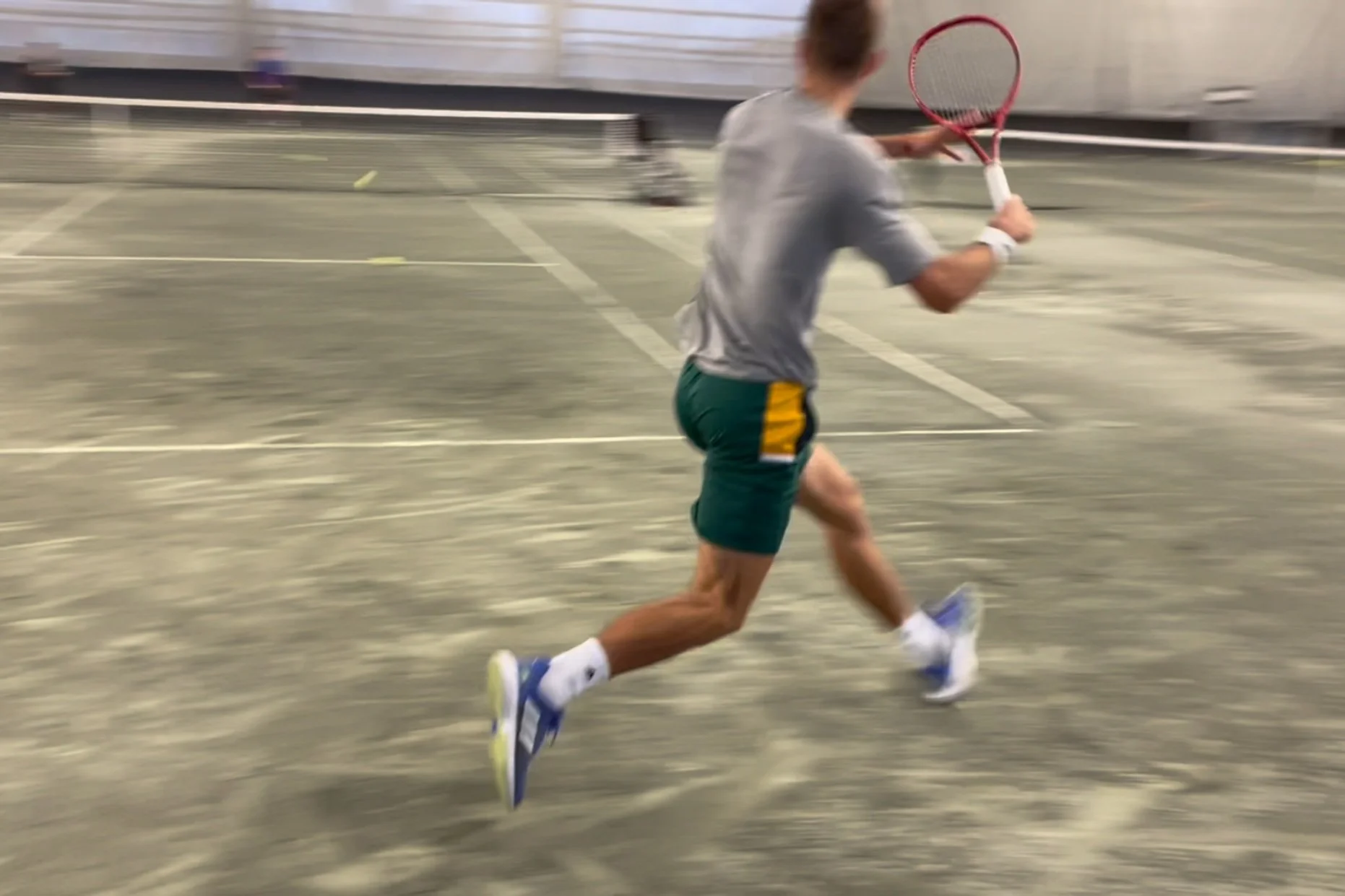I recently saw a post on a Facebook coaching forum. It was actually a question that went something like this, “coaches, have you seen any of your players improve their tennis because of their physical training?”.
My hand immediately covered my face and I began shaking my head in disbelief (no, no, no...it can’t be).
My answer to the question is an emphatic YES! Of course I’ve seen - on numerous occasions - physical preparation directly benefiting a player’s tennis game.
Every competitive tennis player has experienced playing in the “zone” at some point in their career. You feel dynamic, but calm and relaxed. You have a feeling of strength, confidence and invulnerability. You take pleasure in the match and the battle at hand, without worrying about losing, or even winning for that matter. You forget about technical flaws, you focus on the ball and your target. In the end, you just play, and everything seems to flow, in so much that you might even lose track of time and the score. Seem familiar?
Whether you’ve experienced the zone during a competitive match or not, many will agree that the feelings I just described represent an ideal mental state to play elite level tennis. So what if I told you that you could get in the zone on command?
As coaches, what do we do when young juniors misbehave? Or what about when they don't complete an intended drill? I’ve been around the game for a long time now. From academy settings, junior circuits, the pro tour and everything in between. And what kills me more than anything is players getting punished, either for poor behaviour or not achieving a specific task. Coaches yell, make players run, do push-ups, or suffer some other form of physical punishment. Is this really the best approach?
In last week’s post, we introduced the concept of grit. We also took a closer look at grit’s correlation to elite sport. What did we find? For one, according to recent evidence, elite athletes across many sports are grittier than their non-elite counterparts. Secondly, those same athletes more consistently commit to their sport over the long haul - in other words, they stick to it. And lastly, the grittier athletes (the elite), were more adept at persevering through challenges compared to non-gritty athletes.
Have you ever wondered what separates athletes that ‘make it’ from those who don’t? Are physical skills the key determinant? While at times it may be the case, I’ve seen many players in tennis settings with superior physical abilities get outperformed...so fitness alone isn't the answer. It must be technical and tactical abilities, right? While critical, I’ve also witnessed supreme skill, coupled with a sound game plan, get beaten time and again. So what is it then? All of these factors play a massive role in who succeeds and who doesn’t, I’m sure of it, but in my books, one factor seems to outweigh the rest - by at least a hair. The psychological component.
Tennis itself is primarily an individual sport. Even if you play mostly doubles, individual differences between players exist at all levels of the game. This concept is known in sport science as the principle of individualization. Research studies and coaching experience tell us that all athletes respond differently to training. That’s why many fields of study exist - from psychology, to motor learning and strength & power training - each attempting to answer questions that help us better understand human behaviour and the stress-adaptation process (and why there is so much variation in responses to the same training stimuli!).







